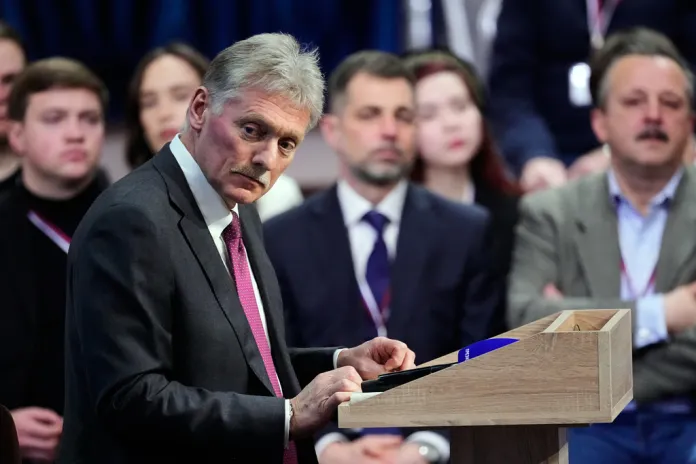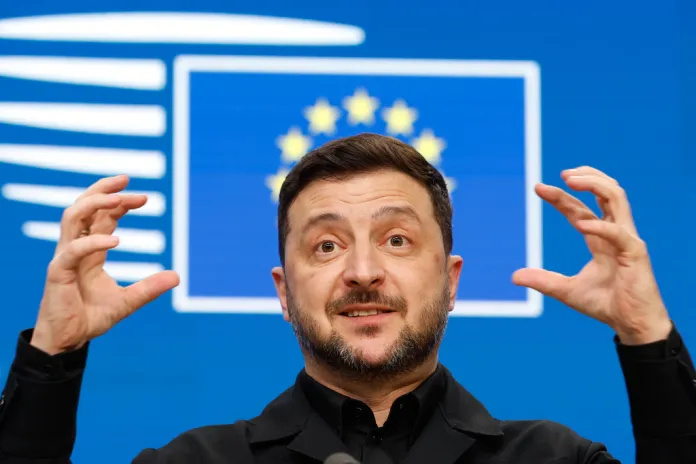The West Has Declared Financial War on Russia: Has it Succeeded?
Who’s winning the financial war between Russia and the West? And what does it mean to win or lose?
This is the third of a five-part series on the financial dimensions of the Russia-Ukraine War; here are parts one and two, along with part four.
[embedded content]Russia vs. the West: The Impact
The impact of the Western financial campaign against Russia remains uncertain.
In the short term, the campaign of financial coercion has neither made it impossible for Russia to continue its war nor dissuaded the Kremlin from pursuing its invasion. The financial campaign has not destroyed the Russian economy, and it is difficult to isolate the economic and military components of the damage that the economy has suffered thus far from financial warfare. The Western campaign has not prevented Russia from accessing foreign military assistance. However, it may have limited the extent to which Russia could do so and the partners with whom Russia could work.
The ruble has not collapsed. Indeed, the ruble remains strong relative to most foreign currencies, although this is in large part because of the difficulty of conversion. Inflation has dropped substantially since the first days of the war when it reached 17.8%. Interest rates are also down considerably, not far off from the pre-war norm. Especially given that most Western countries are also suffering high inflation, the Russian experience does not seem completely outside the norm.
These steps have made it difficult for Russian companies to raise funds from international sources, and largely impossible for the Russian government to do so, although the Kremlin did not borrow much in Western capital markets anyway. Russia still has access to domestic bond markets, which have continued to attract some foreign investment. The Russian stock market has taken a beating, but not one out of line with other recent Russian market crashes. Russia’s use of SPFS and several other tools to evade the SWIFT cutoff have limited the extent of damage to Russia’s financial system, and to the domestic holdings of Russian citizens.
Russia has defaulted on its debt, but it has not gone bankrupt in a sense that is meaningful for its ability to continue the war. The beginning of the war unsurprisingly created international instability, which has driven energy prices up. Although Russia’s energy export options became more limited under the impact of sanctions, it has continued to deliver to some customers (even in Europe), and has found new customers to take on at least part of the shortfall. The price increases more than made up for the decline in exports, at least in the early months of the conflict.
Russia has developed alternative means of acquiring the weapons it needs to continue the war. A deal with Iran for drones and ballistic missiles involved the transfer of some hard currency along with captured examples of a variety of Western military technology. Russia has also acquired ammunition from Belarus and North Korea, although the details of those details remain unclear. In any case, energy sales have ensured that Russia has the financial capacity to buy weapons from abroad, even if other elements of the sanctions regime (primarily export controls) hinder Russian ambitions.
Yet the picture is not all rosy for Russia.
Stabilizing the financial system and the government revenue system at the expense of living standards. In September, Russia announced deep cuts to government spending in all areas other than defense, suggesting that the government is struggling to make ends meet. While interest rates are well down from their peak, they remain high and, in the long run, could risk strangling economic activity.
Changing the terms of contracts with Western energy consumers gives those consumers an excuse to escape the contracts, dramatically reducing Russia’s most lucrative energy exports.
Russia Has Survived, So Far
Russia is surviving in the short term, to the consternation of the West. But some of the steps that Russia has taken to defend itself have a limited lifespan, and in any case Moscow hasn’t been able to save Russia’s long-term economic prospects.
Still, had the war lasted only a few weeks (as many expected), Russia’s preparations might have succeeded in insulating it from severe economic damage.
Unfortunately for Putin, Russia’s armies could not quickly win the battles in the field enough to save the Russian economy.
A 19FortyFive Contributing Editor, Dr. Robert Farley has taught security and diplomacy courses at the Patterson School since 2005. He received his BS from the University of Oregon in 1997, and his Ph. D. from the University of Washington in 2004. Dr. Farley is the author of Grounded: The Case for Abolishing the United States Air Force (University Press of Kentucky, 2014), the Battleship Book (Wildside, 2016), Patents for Power: Intellectual Property Law and the Diffusion of Military Technology (University of Chicago, 2020), and most recently Waging War with Gold: National Security and the Finance Domain Across the Ages (Lynne Rienner, 2023). He has contributed extensively to a number of journals and magazines, including the National Interest, the Diplomat: APAC, World Politics Review, and the American Prospect. Dr. Farley is also a founder and senior editor of Lawyers, Guns and Money.
" Conservative News Daily does not always share or support the views and opinions expressed here; they are just those of the writer."





